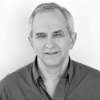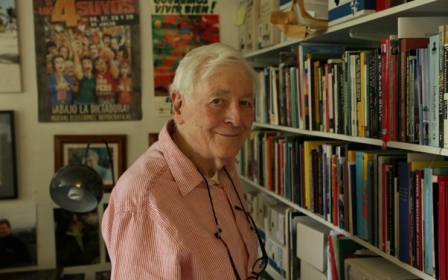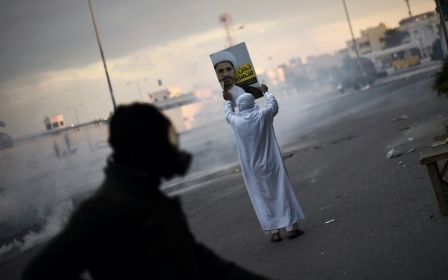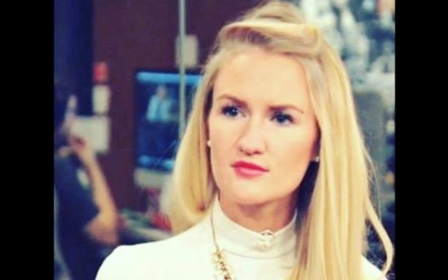A 'Flame of Peace' award for Bahrain's prime minister?
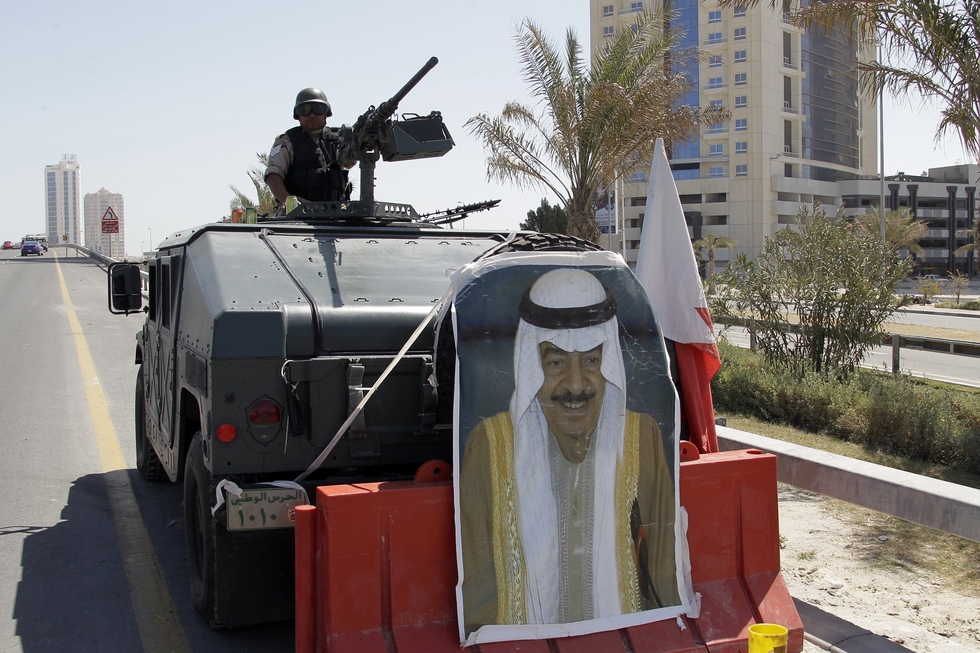
Khalifa bin Salman Al Khalifa is the world’s longest serving prime minister, in power in Bahrain since 1970. An astute businessman, a consummate politician, he is a man whose image bedecks the capital Manama in omnipresent triptychs alongside his nephew King Hamad and his grand nephew Crown Prince Salman. And now Khalifa bin Salman can add the “Flame of Peace” award to his many financial and political accomplishments.
Flame of Peace, you say? Never heard of it? Well neither had I until the Bahrain News Agency (BNA) published a glowing account on 20 February: “The prize was conferred on HRH the Prime Minister in tribute for his outstanding humanitarian role to promote global peace and boost relations between people.”
The award is the brainchild of a woman called Herta who married a Habsburg - yes those Habsburgs of Austro-Hungarian Empire fame. The BNA gushingly referred to her as “Her Imperial Highness Archduchess Herta Margarete Habsburg,” apparently unaware that both the empire and the titles that went along with it have long since been defunct.
Not to be too hard on the BNA, however, as Ms Habsburg herself displayed a spectacular ignorance of such things as the prime minister’s contributions to his own coffers during the long decades of his premiership.
Over the years his personal wealth has grown on the simple stratagem of acquiring land at little or no cost and selling it on to developers with the proviso that he, through a web of companies and family members, would receive a large percentage of the profits. His skill at this manoeuvre, the so-called “pay to play” ploy, earned him the nickname “Mr Ten Percent” or more recently “Mr Fifty Percent.”
Missing too is the suspension of parliament the prime minister engineered in 1975, a suspension that held until his brother the emir died in 1999. In those nearly 25 years, Khalifa bin Salman pretty much ran the country. However, when his nephew came to power, something of a family power struggle ensued with the return of parliament central to what Hamad called his reform package.
In effect, reform was a device intended to wrestle at least some power away from the prime minister. It worked up to a point with the king giving his son, the crown prince, charge of Bahrain’s sovereign wealth fund and the influential Economic Development Board. Hamad also ensured by royal decree that the only person giving away land henceforth would be himself.
Khalifa bin Salman took the diminishment of his power in his stride. The prime minister has proven himself a patient man with the ability to wait for others to stumble before he strikes back. The crisis that engulfed the ruling family in February 2011 - when peaceful protesters calling for democratic change occupied Pearl Roundabout and were then subsequently dispersed with force - is a case in point.
The prime minister largely slipped into the background and let others lead attacks on the pro-democracy movement. When the crown prince made an extraordinary offer that, had it been accepted, would have given the protesters virtually everything they asked for, the prime minister waited. And he did not need to wait long. Less than 24 hours after the offer was made, and while the opposition was dithering, Saudi and other GCC police and security forces rolled down the causeway that links Bahrain to the mainland. The uprising was effectively crushed.
In the aftermath, Crown Prince Salman was viewed by most family members and particularly the hardliners as having well overstepped the mark: the concessions he had offered would have seriously compromised the power of the ruling elite and with it the ability to enrich itself.
Salman was punished by being marginalised as his father vacillated between appeasing the hardliners and meeting the demands, principally of the Americans, to re-engage with a reform agenda in the wake of a harsh crackdown that had seen dozens killed, hundreds imprisoned and several thousand sacked from their jobs. The vast majority of victims were Shia.
The hardliners rallied behind the prime minister and ever since behind a skilfully erected and expensive window dressing of reform. In reality, though, Bahrain is a country where dissent is not tolerated, where human rights advocates and opposition party leaders are spending years in jail, where the majority Shia population lives in fear and anger of the police and security forces.
Despite protestations to the contrary, the authorities continue to behave with impunity and allegations of brutality and torture remain a constant theme. And though Khalifa bin Salman cannot be accused of personally sowing sectarian hatred, he has done nothing to prevent other members of the ruling family from encouraging vicious, mendacious and malignant attacks on Shia Bahrainis.
Jawad Fairooz is a former opposition member of parliament, stripped of his citizenship and living in exile in the UK. To his credit he is prepared to acknowledge that, unlike many members of the ruling family, the prime minister has always had a broader vision for the country: “He wants to build Bahrain but under his guidance so that as the country gains he gains; politically and economically he does what works for him.”
However, the Bahrain that he has helped to shape is now in a sorry state with a struggling economy, a stark sectarian divide and a stubborn political impasse that the ruling family shows no intention of wanting to resolve. Khalifa bin Salman may take pride in the Flame of Peace but it is on the prime minister’s watch that the flame of freedom is guttering out. All in all, a poor return for more than 40 years of stewardship.
- Bill Law is a Middle East analyst and a specialist in Gulf affairs. Follow him @BillLaw49.
The views expressed in this article belong to the author and do not necessarily reflect the editorial policy of Middle East Eye.
Photo: A picture of Bahraini Prime Minister Sheikh Khalifa bin Salman al-Khalifa decorates a tank in Manama on 19 March, 2011 (AFP).
New MEE newsletter: Jerusalem Dispatch
Sign up to get the latest insights and analysis on Israel-Palestine, alongside Turkey Unpacked and other MEE newsletters
Middle East Eye delivers independent and unrivalled coverage and analysis of the Middle East, North Africa and beyond. To learn more about republishing this content and the associated fees, please fill out this form. More about MEE can be found here.


